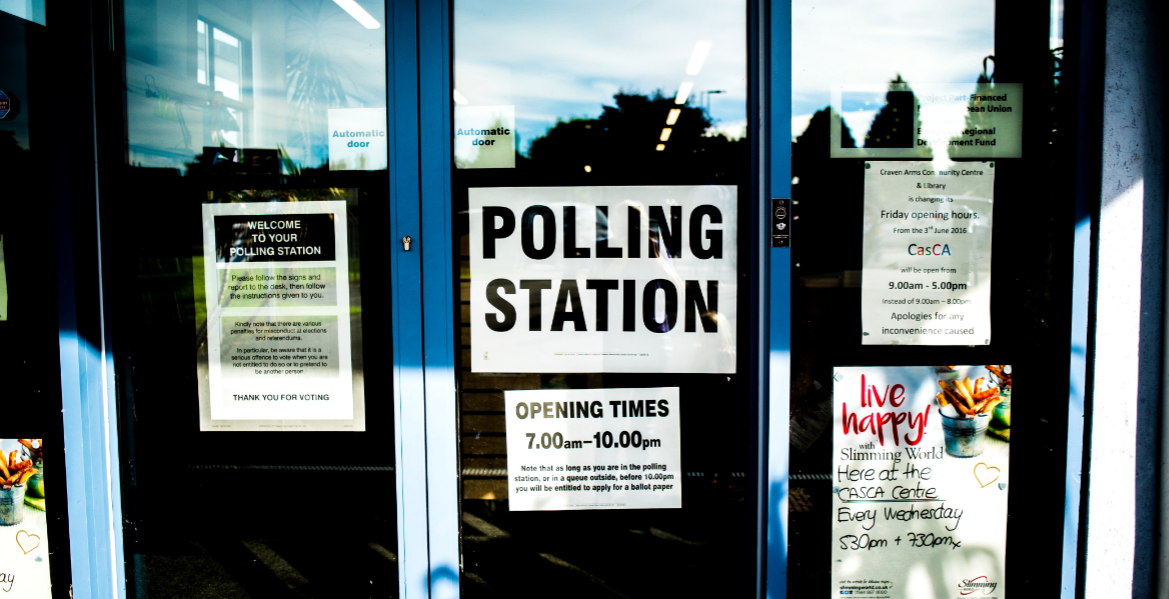#ElectionsKE: Five Online Strategies Politicians will use to target voters

One of the biggest changes in Kenya’s political environment since the last national election in 2013 has been the rise of internet penetration. Back then, only 32.1% of the population had access to the web. As you read this, over 64% (31M) of Kenyans use the internet.
While I’m not a political expert, I am a digital marketer at Legibra Solutions and I predict that in 2017 an increasing number of political parties and civil society groups will integrate social media and internet marketing into the heart of their political campaigns. So what online marketing strategies are likely to be used to target you, as a voter?
- Creating online presence on all social media platforms
Political aspirants, civil society groups, and activists will claim their space on the internet by setting up social media accounts and engaging with their follower base. More importantly, they will identify and prioritize their supporters who have a larger online audience with the aim of ‘riding’ on their influence.
- Promoting Unique Agenda
Since candidates are constantly looking to tap into new media to reach a new audience, 2017 will witness aspirants promoting their individual agendas to a publisher’s readership. For example, an applicant like Boniface Mwangi who micro-blogs about wanting to reform Kenya’s political system on Facebook could consider a paid placement for such posts on a site like Daily Nation.
- Use of Specific Social Platforms to Highlight Important Issues
In an age of surplus information and a deficit of attention, aspirants will have to be thoughtful and deliberate about what they post on social media platforms to maximize reach. For example, instead of reposting the same content on Facebook, Instagram, Twitter and other social sites, candidates will try to understand what type of content works best for a particular platform. Is video or a graphic image more likely to be shared? What about messages from the candidate, their supporters or family members?
- A/B Testing for Online Campaign Efforts
Be it online ads or email marketing, anything digital can be tested and optimized. A/B testing will be used to indicate the best headlines, videos, images and articles to boost online marketing efforts for the political party or aspirant. It is important to mention that given the massive number of traffic that social media platforms will be driving, most candidates will invest on campaign websites to provide a central hub for monitoring and managing data from the various platforms. A/B testing will promote greater awareness and higher acquisition conversion rates leading to more victories for the aspirants.
- Focusing on What Matters
The most important goal for any political candidate is to acquire enough voters to win. However, acquiring more voters will partly hinge on gaining more volunteers to identify the voters and turn them out to the polls. What’s more, both volunteers and voters will only be acquired by getting more donors who will provide larger amounts of capital. Boniface Mwangi clearly has this figured out; he’s invested on a website that simply but clearly communicates his agenda while offering a platform for both volunteers and donors alike to interact with him.
Read: Cybersecurity: Hacking the vote -Should Alshabaab make us worried about 2017 polls?
With digital communication tools like websites and social media platforms increasingly being used for marketing and marketing research, it makes a lot of sense to use them for election campaigns. After all, acquisition marketing is what political campaigns are all about.
Of course, we will only know the extent to which these strategies will prove effective in attracting voters to political parties and candidates after Kenya’s election this coming August.



